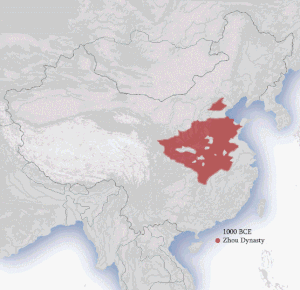It is perhaps fair to surmise that US policy is not inclined in pursuing a zero-sum contest with China in South Asia and the rationale in opening a dialogue with Beijing on the subcontinent is to reassure China about US intentions and seek collaboration for US objectives in Pakistan and Afghanistan. Simultaneously, Washington is seeking to reassure India that a Cold War-type condominial relationship with China will not reappear in South Asia. Robert Blake, US diplomat for South Asia, remarked after his bilateral interactions with his Chinese interlocutors, “We understand that the Chinese understand that India can be a very important force for good and for stability in this part of the region. So it is important for all of us to work with India.”58 The US and India too, held their first strategic dialogue at the level of Foreign Ministers in June 2010.







Bookmarks